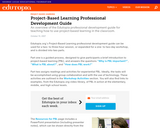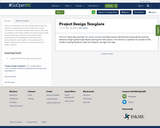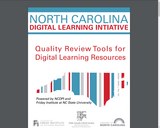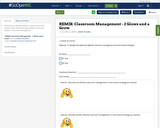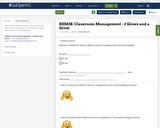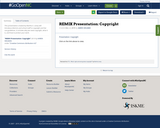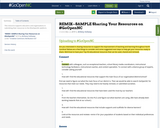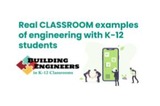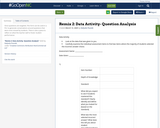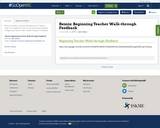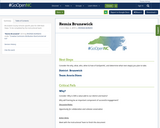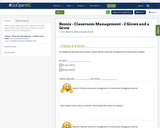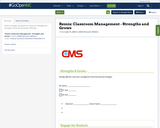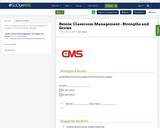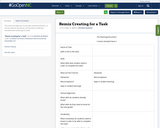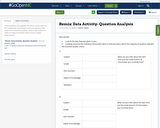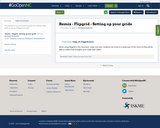
Project-based learning in a technology rich environment can be effective in K-12 classrooms
allowing students to negotiate understanding and construct knowledge in social situations.
Benefits include connecting students in communities in and outside of their cultures, and meeting
learning goals in non-institutional fashion, while educators share practices and resources using
technology tools. When projects endure over time, characteristics of communities of practice
begin to emerge in which shared content grows and is amended by participants, generating
historical artifacts. Once instantiated, the project philosophy provides an ongoing basis for
immersive learning, using wikis, blogs, and other social networking applications. A projectbased
classroom philosophy sets an engaging, attractive environment for students by meeting
their needs to be socially involved, as opposed to being passive receivers. An example long term
Internet learning event called the Monster Project is examined in this paper. Widespread use of
project-based learning has been curtailed by a strong focus on traditional instruction to meet
testing goals. Research shows that active participation in project-based education results in
students being more intrinsically motivated, more likely to show conceptual understanding, and
more well adjusted than students in traditional education modes. These characteristics are those
of a community of practice, where members are informally connected by their accomplishments
and by what they learn together. The range of academic content that can be integrated into
project-based learning as the main approach in a classroom is bounded only by a teacher’s
energy and creativity.
- Subject:
- Professional Development
- Material Type:
- Reading
- Author:
- Terry K. Smith
- Date Added:
- 05/21/2009
